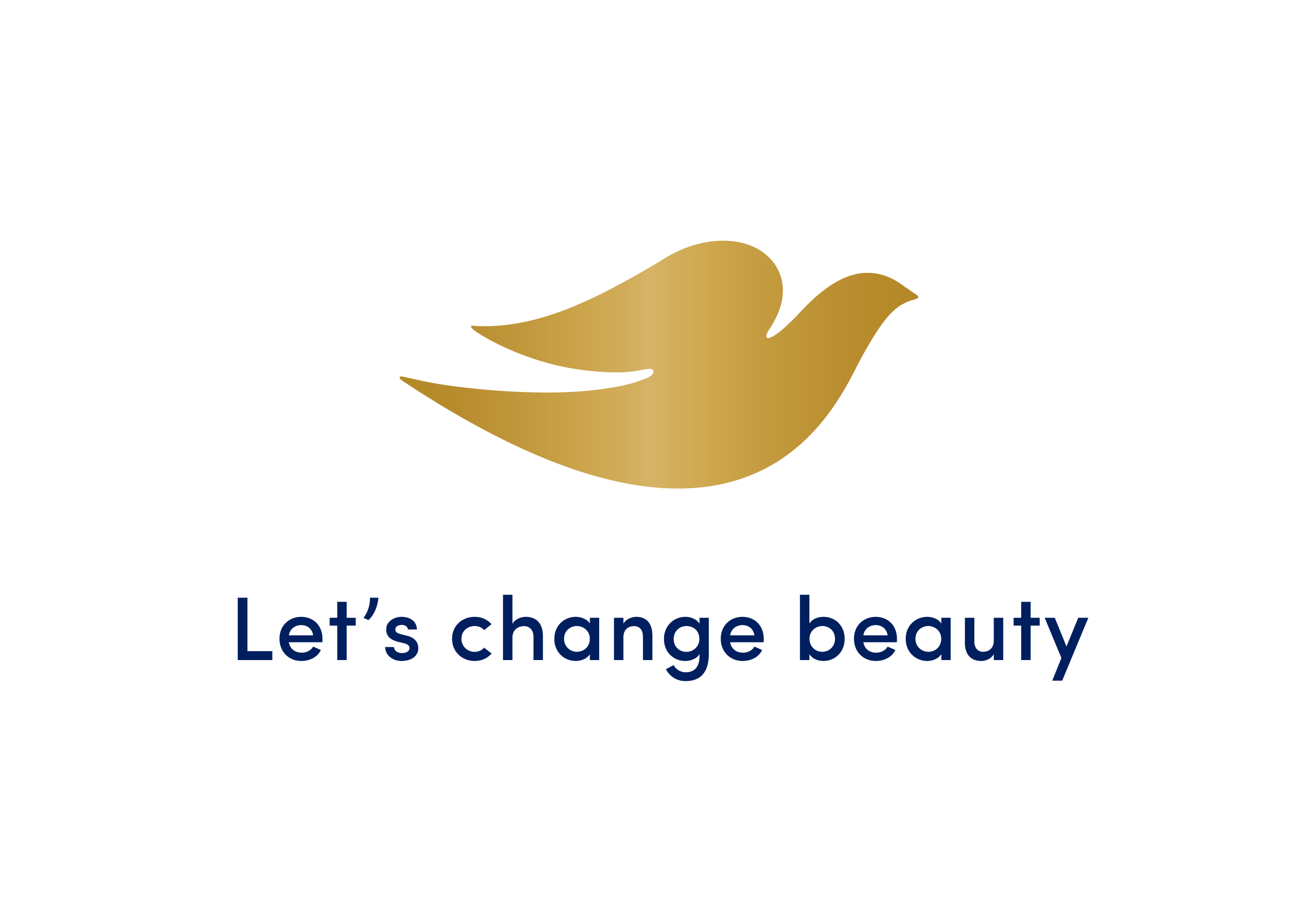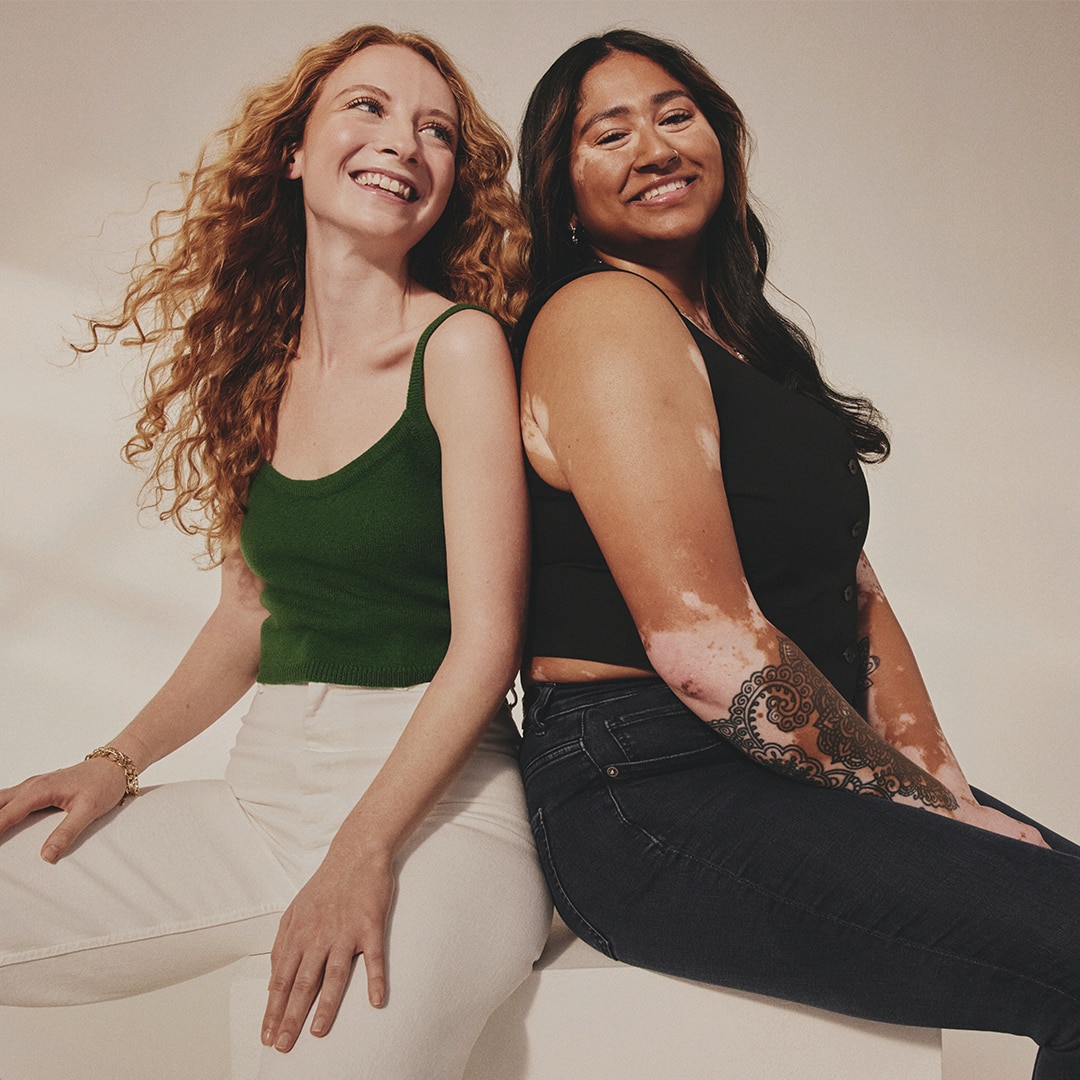Black hair is unique and can be a source of joy and pride. Unfortunately, Black people are regularly discriminated against because of their hair texture and styles. In fact, our research found that Black women are 1.5 times more likely to be sent home from work because of their hair, and one in two Black children have experienced hair discrimination as early as five years old. There is a growing movement to not only challenge race-based hair bias and discrimination, but make it illegal. Here’s how you can help








